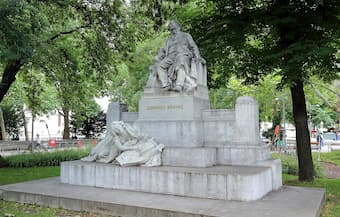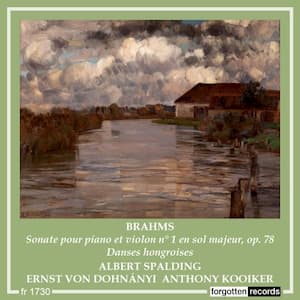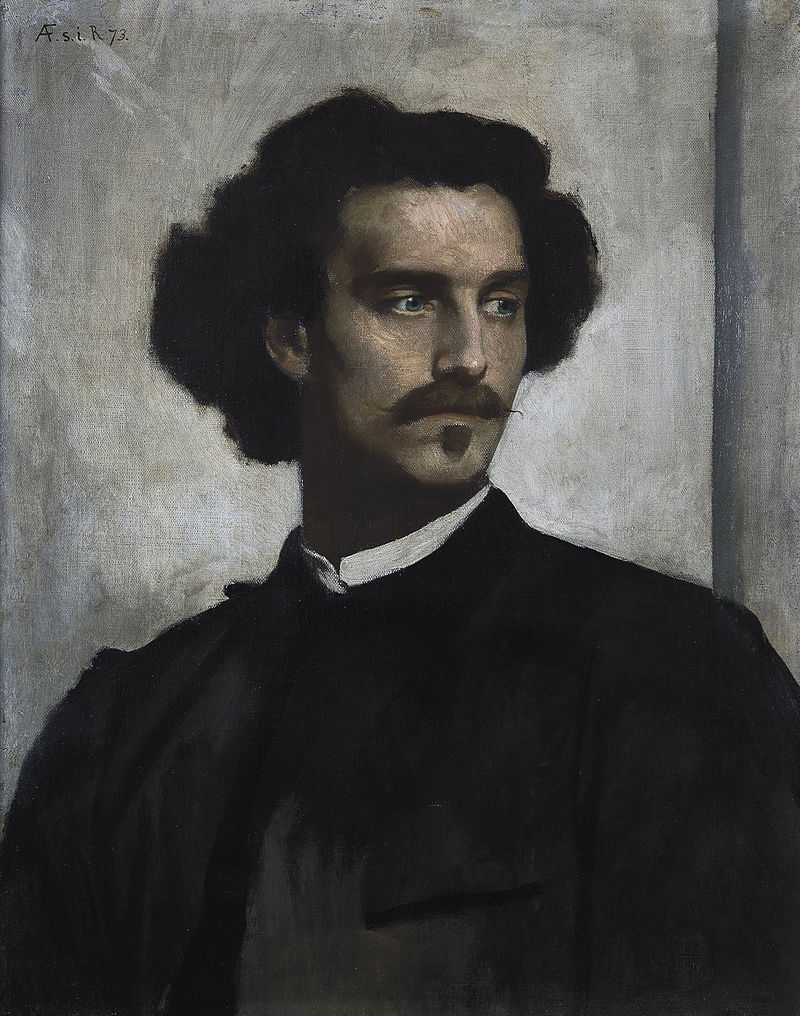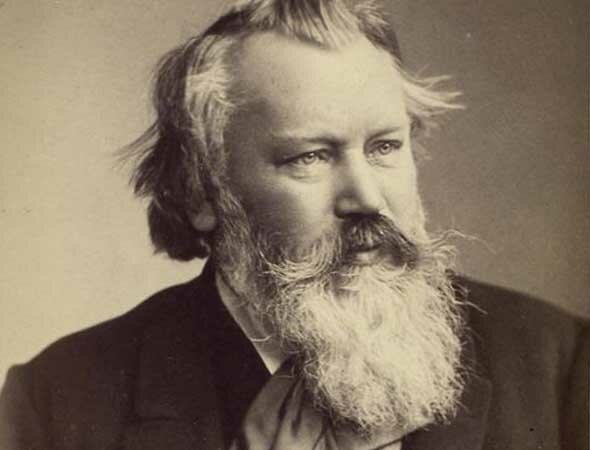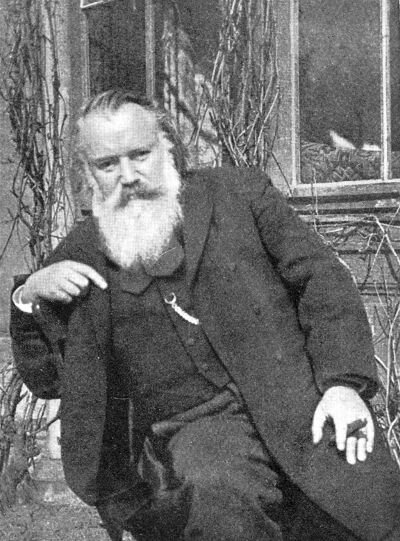Johannes Brahms (1833-1897) didn’t come from money and spent the summers of his youth playing the piano to entertain guests at summer inns outside Hamburg. He was promoted by Schumann in his role as editor of the Neue Zeitschreift für
Brahms
At the end of the summer of 1896, Johannes Brahms was displaying some typical jaundice symptoms. The whites of his eyes and the mucous membranes had started to turn yellow. His doctors continued to observe Brahms for several months before
Johannes Brahms (1833-1897) discovered the music of Hungary through the Hungarian violinist Ede (Eduard) Reményi, who was in Germany after being banned from Austria following his participation in the Hungarian Revolution of 1848. Brahms, 15 at the time of their
In 1879, composer Johannes Brahms and violinist Joseph Joachim took a concert trip through Transylvania to workshop Brahms’ latest work, the Violin Concerto, Op. 77, which had opened to less-than-satisfactory reviews. Although Brahms wasn’t really up for a tour, of
The German symbolist artist Max Klinger (1857-1920) took inspiration from Brahms to create his Brahmsphantasie, a book of music and images that took Brahms’ music to a level never before seen. In his Brahmsphantasie, Klinger divided the work into 3
The classicist painter Anselm Feuerbach was one of the artists who formed a close friendship with Brahms, and who was often compared to him. He sought in his art to both follow a stringent aesthetic and a Classical restraint, while
Concluding this series on Brahms’ late piano works, we have reached the last composition for solo piano by Johannes Brahms (1833-1897) – Klavierstücke Op.119. It was written together with Op.118 during his stay in Bad Ischl in 1893. Consistent with
Dedicated to Clara Schumann, Brahms’ Klavierstücke Op.118 were written in 1893 again at Bad Ischl during his summer sojourn and are probably his most well-known opus nowadays. Julius August Philipp Spitta, a German musicologist, wrote to Brahms after receiving the


